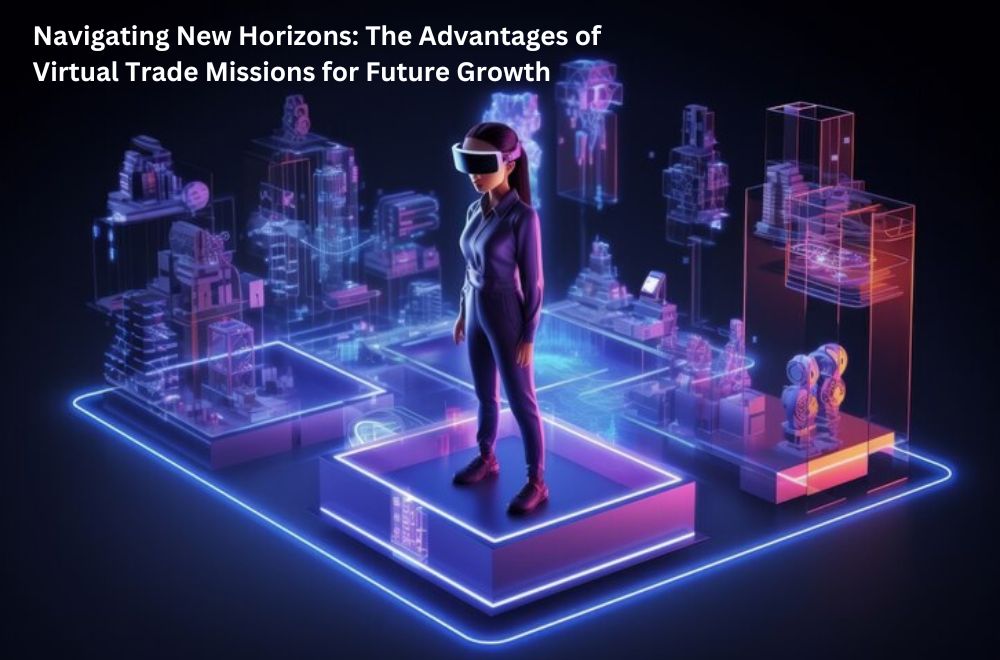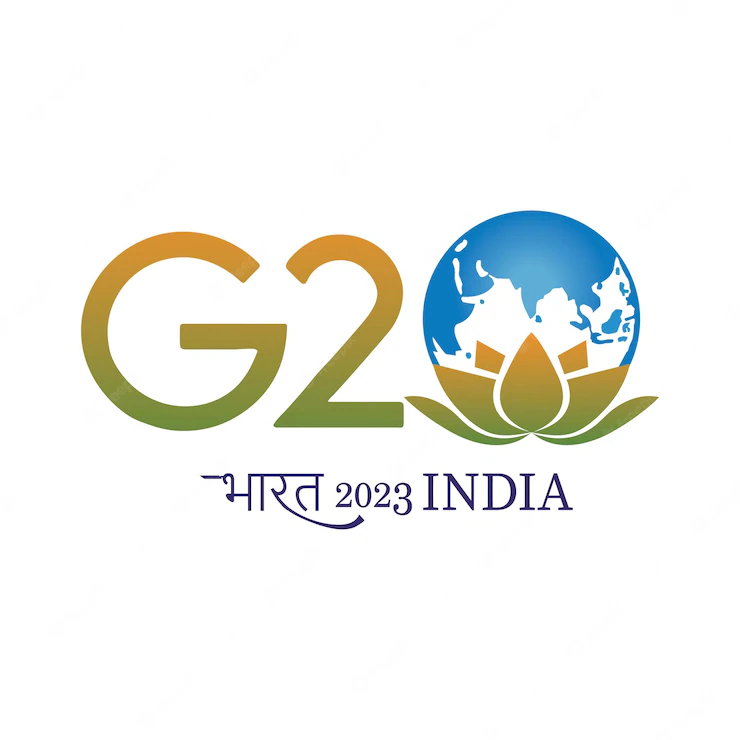Breaking Down Geographic Barriers
One of the primary advantages of VTMs is their ability to transcend geographic limitations,
enabling companies to participate in international trade missions without the need for
extensive travel. By leveraging virtual platforms and digital communication tools, companies
can engage with potential partners, customers, and investors from around the world,
regardless of their physical location. This accessibility opens doors to new markets and
opportunities that may have been previously out of reach, democratizing access to global
trade and fostering economic growth.
Cost-Effectiveness and Resource Optimization
Traditional trade missions often entail significant costs associated with travel,
accommodation, and logistics, making them prohibitively expensive for many companies,
particularly small and medium-sized enterprises (SMEs). VTMs offer a cost-effective
alternative, allowing companies to participate in virtual events and meetings from the
comfort of their own offices, reducing expenses and minimizing the logistical burden. This
cost savings enables companies to reallocate resources towards strategic initiatives such as
product development, marketing, and expansion efforts, maximizing their return on investment
and driving sustainable growth.
Enhanced Networking and Collaboration
While traditional trade missions provide valuable opportunities for networking and
collaboration, VTMs offer a unique set of advantages in this regard. Virtual platforms
facilitate seamless communication and interaction between participants, enabling companies
to connect with a diverse array of stakeholders, including government officials, industry
experts, and potential business partners. Through virtual meetings, webinars, and networking
sessions, companies can forge meaningful relationships, exchange ideas, and explore
collaborative opportunities, laying the foundation for future partnerships and business
ventures.
Flexibility and Accessibility
Unlike traditional trade missions, which typically follow a fixed schedule and itinerary,
VTMs offer greater flexibility and customization options. Companies can participate in
virtual events and activities at their own pace and convenience, allowing them to prioritize
engagements based on their specific objectives and interests. Additionally, virtual
platforms often provide on-demand access to resources such as market insights, industry
reports, and educational content, empowering companies to tailor their participation to suit
their individual needs and preferences. This flexibility enhances the overall effectiveness
of VTMs and enables companies to derive maximum value from their participation.
Leveraging Technology for Future Growth
VTMs harness the power of technology and innovation to drive international trade and
economic development in the digital age. By embracing virtual platforms, companies can
leverage advanced features such as AI matchmaking algorithms, virtual reality (VR)
simulations, and immersive digital experiences to enhance their engagement and interaction
with stakeholders. Moreover, VTMs provide valuable data and analytics insights that can
inform strategic decision-making and market expansion efforts, enabling companies to
identify emerging trends, assess market opportunities, and mitigate risks more effectively.
Virtual trade missions represent a transformative approach to international business
development, offering companies a cost-effective, flexible, and accessible means of
expanding their global reach and driving future growth. By embracing the advantages of VTMs
and leveraging technology to facilitate meaningful connections and collaborations, companies
can position themselves for success in an increasingly interconnected and competitive global
marketplace.












